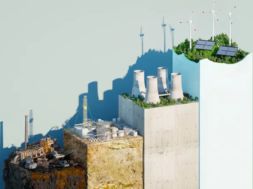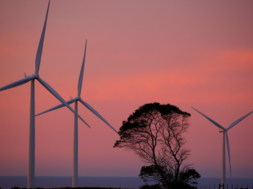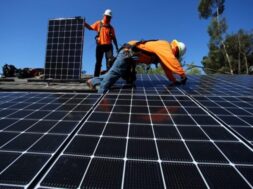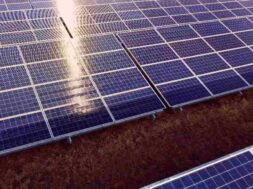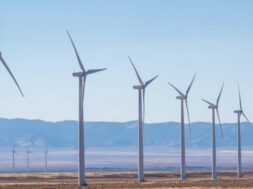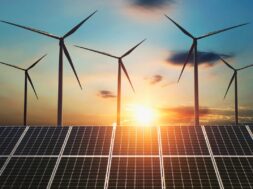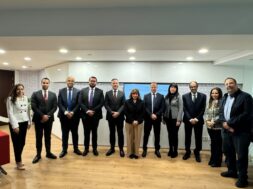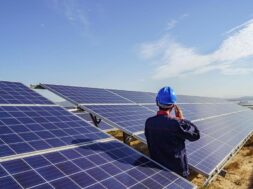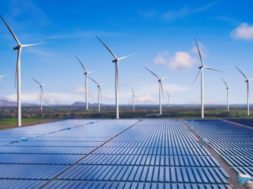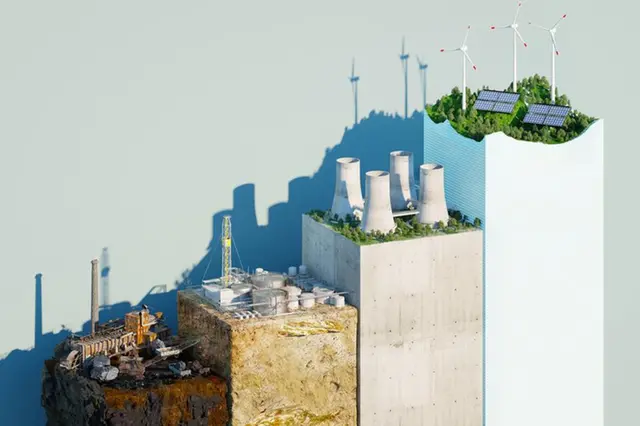
In Short : BII, a leading environmental consultancy, has developed a comprehensive step-by-step guide for building climate-resilient water systems in Egypt. The guide emphasizes sustainable practices and cutting-edge technologies to ensure the availability of clean water in the face of climate change challenges. By integrating climate resilience into water infrastructure, Egypt can enhance its adaptive capacity, mitigate water-related risks, and safeguard water resources for future generations. BII’s initiative contributes significantly to Egypt’s sustainable development goals and aligns with global efforts to address the impacts of climate change on water security.
In Detail : The framework aims to help policy makers and development finance practitioners to unlock and scale adaptation finance for sustainable and climate-resilient water systems
British International Investment (BII), the UK Development Finance Institution (DFI) and impact investor, today unveiled a detailed case study on how to scale climate adaptation finance for more climate-resilient water systems in Egypt.
The case study is based on the Climate Adaptation and Renewable Energy (CARE) for Water framework, which was launched by BII recently. The framework aims to help policy makers and development finance practitioners to unlock and scale adaptation finance for sustainable and climate-resilient water systems by addressing climate risks and overcoming barriers to investment in a more systemic way.
Egypt has shown leadership in scaling climate adaptation finance through its Climate Strategy 2050 and Country Platform, which was launched in July 2022 for the Nexus of Water, Food and Energy (NWFE) programme, as well as the Sharm El-Sheikh Adaptation Agenda launched at COP27. The case study examines Egypt’s NWFE agenda and provides a practical example of the key factors that need to be considered when applying the CARE approach, as well as how this approach could be further developed to direct and incentivise private investment for scaling adaptation finance. It also offers some market insights on the range of adaptation finance options that can be delivered through public-private cooperation.
Sherine Shohdy, Head of Egypt Office and Coverage Director for BII, said: “BII is committed to supporting Egypt’s transition to a more sustainable and inclusive economy. The CARE for Water report is another step in that direction. It calls for a holistic approach to evaluating climate risks and identifying investment opportunities across the entire water value chain, from water resource management, supply transmission and distribution and wastewater treatment, to ensure water systems meet Egypt’s growing water needs.”
Amal-Lee Amin, Managing Director and Head of Climate, Diversity and Advisory for BII, said: “At BII, climate adaptation and resilience is a key pillar of our strategy. However, we cannot do it alone. The Egypt CARE for Water case study highlights the need for system-wide collaboration between relevant domestic stakeholders and development finance partners to scale adaptation finance and build more climate resilient and sustainable water systems. This collaborative model can also be replicated in other countries to unlock and scale private adaption finance to meet Africa’s critical water-related needs.”
In Africa, the delivery of water investments is below what is needed to meet the continent’s growing needs and address the challenges of climate change. It is estimated that at least $30bn per year needs to be invested in Africa to meet the UN SDG 6 on water and sanitation by 2030.
A recently released Global Water Security 2023 report by the UN found that over 400 million people in Africa lack access to clean water, and over 750 million lack basic sanitation services. The report classifies 13 African countries as critically water insecure, with this number set to rise as 230 million Africans are predicted to be water insecure by 2025.
BII intends to invest $200m into water infrastructure over the next five years, as part of its commitment to provide adaptation and resilience finance and will work to mobilise considerably more. Earlier this year, BII launched the Africa Water Infrastructure Development (AWID) platform in Egypt in partnership with Metito to develop climate-smart water projects at scale and to increase water security across Africa.
